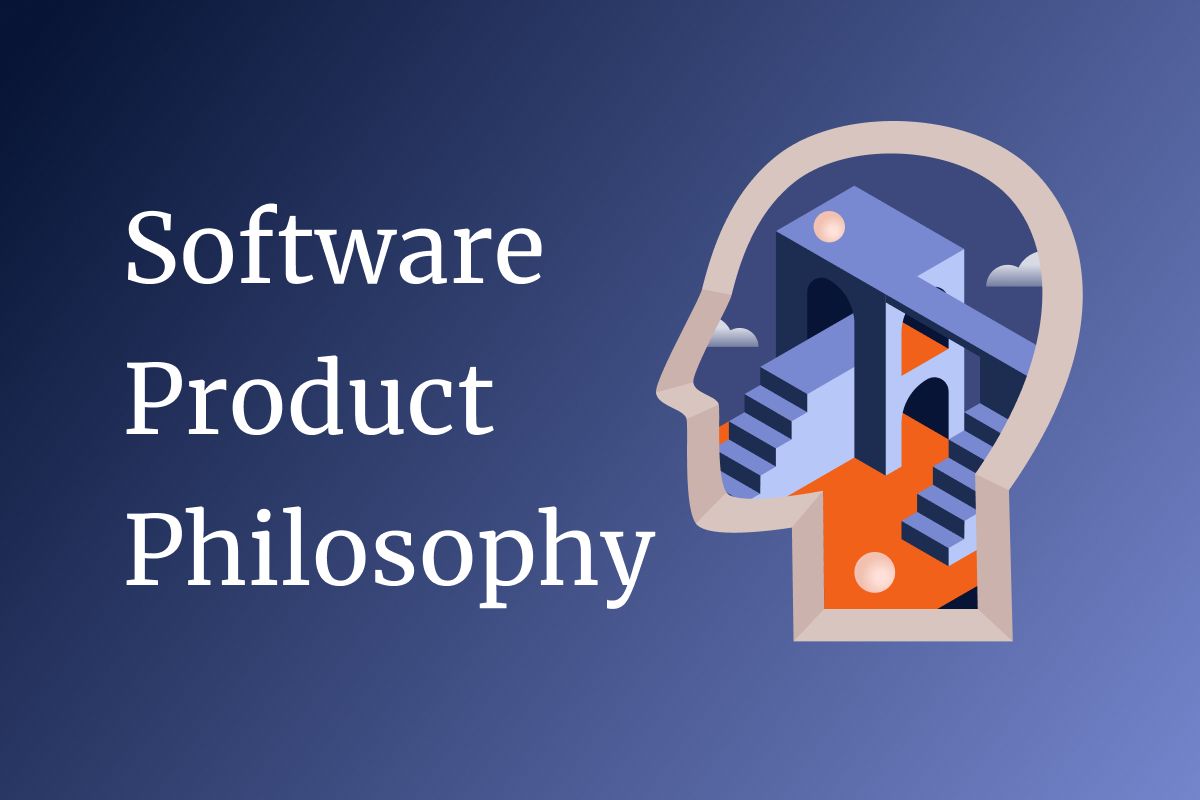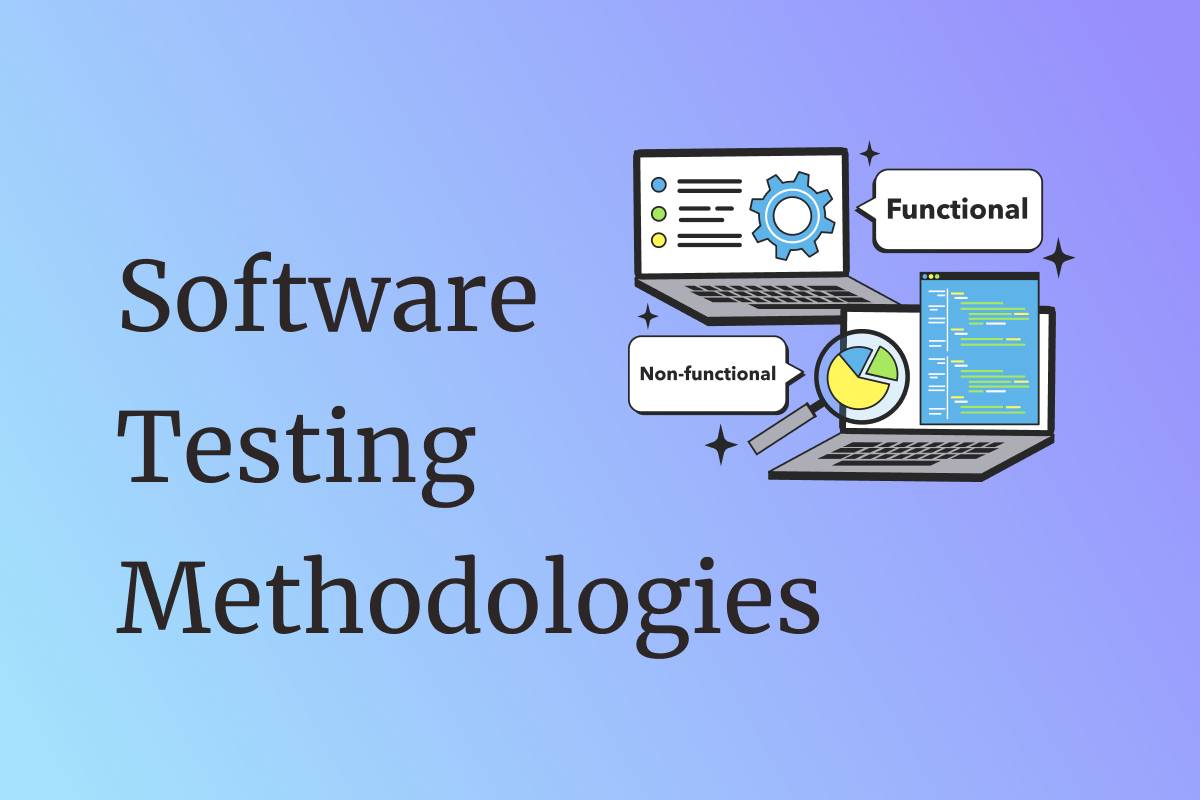In today’s fast-paced and competitive software industry, creating successful products requires more than just lines of code and technical expertise. A holistic approach to software product development, guided by key concepts in software product philosophy, can lead to the creation of user-friendly, innovative, and scalable products that meet market demands and stand out from the competition.
Product philosophy refers to a set of principles and beliefs that guide the development and design process of software products. It outlines the goals and values of the product, as well as the target audience and intended functionality. Product philosophy is essential in software development because it determines the success and longevity of the product in the market.
The success story of “Black Myth: Wukong,” a game inspired by Chinese mythology – Monkey King, provides a compelling case study on the importance of product philosophy in software development.
The Importance of Product Philosophy in Software Development
1. Clear Goals and Objectives
A well-defined product philosophy provides a clear roadmap for development teams, outlining the goals and objectives of the software product. This enables developers to stay focused on delivering features that align with the product philosophy and meet the user’s needs. In turn, this creates a better user experience, which can lead to user adoption and loyalty.
**Case Study**
The development of Black Myth: Wukong was driven by a passion for Chinese mythology rather than the goal of cultural export. The creators, led by Feng Ji, focused on crafting a game that authentically reflected the rich cultural heritage of the classic Chinese novel Journey to the West. However, the primary goal was not to serve as a cultural ambassador but to create a game that could stand on its own as a world-class action RPG. This clear objective guided every decision, from the game’s narrative depth to its visual design, ensuring that the final product was true to its original vision while being accessible and appealing to a global audience.
2. Customer-Centric Approach
At its core, product philosophy is developed around the customer. Understanding your customers’ needs, wants, and pain points is crucial for creating a product that resonates with them. A strong product philosophy helps align the product with these needs, ensuring that it meets and exceeds user expectations. This customer-centric approach is vital for building a product that users love, leading to long-term loyalty and advocacy.
**Case Study**
While deeply rooted in Chinese culture, Black Myth: Wukong was designed with a universal appeal in mind. The customer-centric approach was about balancing cultural authenticity with global accessibility, making the game enjoyable for both Chinese players and international audiences. The developers conducted extensive research into their target market, focusing on what players wanted in terms of gameplay, narrative, and cultural authenticity. By understanding their audience’s preferences, the team was able to design a game that not only met but exceeded player expectations. This customer-centric approach is evident in the game’s intricate level design, challenging combat systems, and deep narrative, all tailored to provide players with an engaging and satisfying experience.
3. Consistency
Consistency in product development is key to creating a seamless user experience. A coherent product philosophy ensures that every aspect of the product, from design to functionality, aligns with the overarching goals and values. This uniformity is crucial for user retention, as it provides users with a predictable and intuitive experience, increasing their satisfaction and loyalty.
**Case Study**
Consistency was key in Wukong’s development. The product philosophy emphasized the importance of maintaining a cohesive aesthetic and narrative throughout the game. From the art style to the character designs and even the music, every element was meticulously crafted to ensure a unified and immersive experience. Despite the challenges of translating complex cultural concepts for a global audience, the team remained committed to their vision, ensuring that every element, from character design to gameplay mechanics, reflected the game’s core identity. This consistency helped create a unified experience that felt both authentic and universally engaging.
4. Scalability
A product philosophy that considers scalability ensures that the product can grow and adapt over time. By anticipating future trends and technological advancements, a scalable product philosophy allows the software to evolve without becoming obsolete. This adaptability is essential for maintaining the product’s relevance in a rapidly changing market.
**Case Study**
The Wukong development team understood the importance of scalability in their product philosophy. They designed the game’s architecture to accommodate future expansions and updates, ensuring that the game could grow and evolve over time. This foresight allowed the team to implement new features, content, and optimizations without compromising the game’s performance or user experience. The game’s ability to scale with increasing demands has been crucial in maintaining its relevance and popularity in the market.
5. Innovation
Innovation is at the heart of a successful software product. A product philosophy that embraces innovation encourages continuous development and improvement, reflecting the company’s commitment to staying ahead of the curve. By fostering a culture of creative thinking and risk-taking, such a philosophy helps the product evolve, stay relevant, and grow in a competitive marketplace.
**Case Study**
Innovation was central to Black Myth: Wukong’product philosophy. The development team pushed the boundaries of what was technically possible, utilizing cutting-edge graphics, AI, and gameplay mechanics to create a visually stunning and deeply engaging game. The innovation wasn’t just in the technology but in how traditional Chinese folklore was reimagined for a modern gaming audience. This blend of old and new, rooted in a strong product philosophy, helped Black Myth: Wukong stand out in a crowded market and generate significant excitement among gamers worldwide.
Develop software product philosophy
A software product philosophy serves as the guiding principle for your product, shaping everything from project goals to coding practices. Developing a robust philosophy can significantly enhance your team’s productivity, efficiency, and overall success.
Define the Vision and Purpose:
- Purpose: Start with a clear vision that captures what your product aims to achieve. This vision should align with the company’s broader mission and values.
- Action: Collaborate with key stakeholders, including leadership, product managers, and even customers, to articulate this vision clearly. Ask questions like: What problem does the product solve? Who is it for? What is the ultimate goal?
- Outcome: A well-defined vision serves as a north star, guiding every decision made during development. It ensures that all efforts are aligned with the end goal, reducing the likelihood of feature creep or misalignment with user needs.
Identify Core Values and Principles:
- Purpose: Core values and principles guide how the product is developed, from design to functionality.
- Action: Reflect on the company’s core values and how they translate into product development. For example, if a company values innovation, the product philosophy might emphasize pushing boundaries with new technology.
- Outcome: These values and principles will shape the product’s design and development process, ensuring consistency with the company’s identity.
Understand User Needs and Market Fit:
- Purpose: The product must resonate with its target audience and meet real user needs.
- Action: Conduct extensive market research, user interviews, and competitive analysis to understand what users expect and what gaps exist in the market.
- Outcome: This understanding ensures that the product philosophy is user-centered, leading to a product that addresses genuine problems and is likely to achieve product-market fit.
Establish a Unique Value Proposition (UVP):
- Purpose: The UVP differentiates the product from competitors and is central to the product philosophy.
- Action: Identify what makes the product unique, whether it’s a specific feature, superior user experience, or innovative technology.
- Outcome: A strong UVP embedded in the product philosophy helps the product stand out in the market and attract a loyal user base.
Incorporate Flexibility for Innovation and Adaptation:
- Purpose: The software industry is dynamic; a rigid philosophy can stifle innovation and adaptability.
- Action: Build flexibility by encouraging experimentation and iterative development. Agile methodologies, for example, align well with a philosophy that values continuous improvement and responsiveness to change.
- Outcome: A flexible philosophy allows the product to evolve over time, adapting to new technologies, user feedback, and market trends.
Align Development Processes with the Philosophy:
- Purpose: The development process should reflect the product philosophy at every stage.
- Action: Establish development practices, tools, and workflows that support the philosophy. If simplicity is a core value, for example, the development process might emphasize minimalism in code and design.
- Outcome: Consistency between the philosophy and the development process ensures that the end product is a true reflection of the original vision.
Foster Collaboration and Communication:
- Purpose: A shared understanding of the product philosophy among all team members ensures alignment and coherence in development efforts.
- Action: Communicate the philosophy clearly across all teams and encourage collaboration to ensure everyone is working towards the same goals.
- Outcome: A cohesive team aligned with the product philosophy can work more effectively, leading to a product that is consistent and well-executed.
Regularly Review and Refine the Philosophy:
- Purpose: As the market and technology evolve, so should the product philosophy.
- Action: Schedule regular reviews of the product philosophy, incorporating feedback from users, team members, and stakeholders.
- Outcome: A philosophy that evolves with the product ensures long-term relevance and success, allowing the product to remain competitive and aligned with changing user needs.
Conclusion
A software product philosophy is a guiding framework that defines the vision, values, and principles driving product development. Developing a robust software product philosophy is essential for creating products that are not only functional and innovative but also aligned with the company’s values and user needs.
Incorporating these principles into the broader framework of software development can help teams create products that are not only successful but also meaningful and impactful for their users. Whether you’re developing a game like Wukong or any other software product, a strong product philosophy is the key to achieving long-term success and staying relevant in an ever-changing market.
ContactContact
Stay in touch with Us




